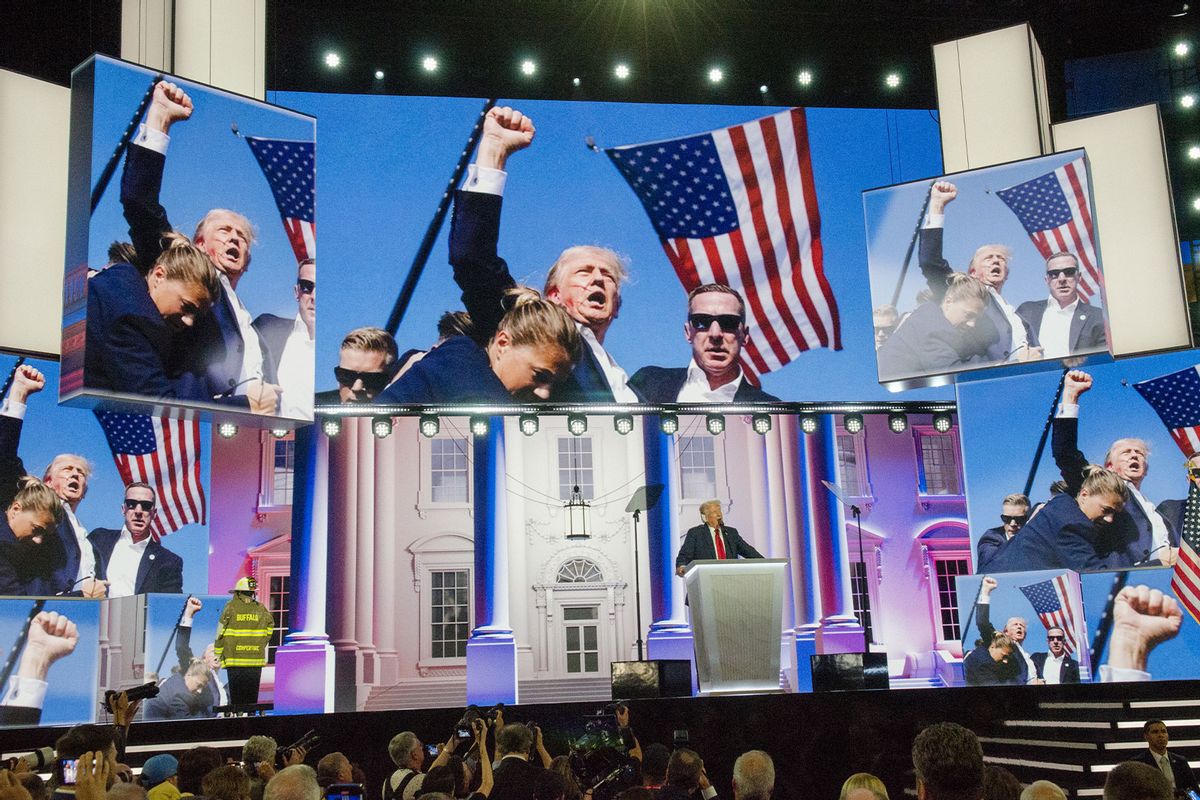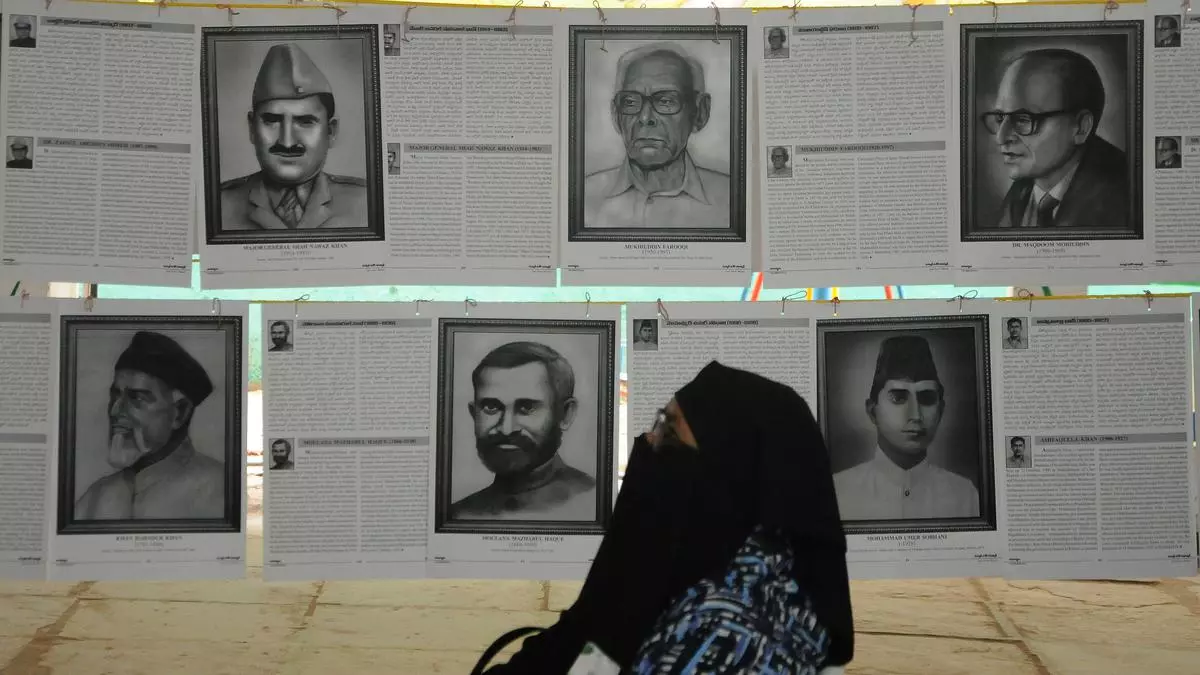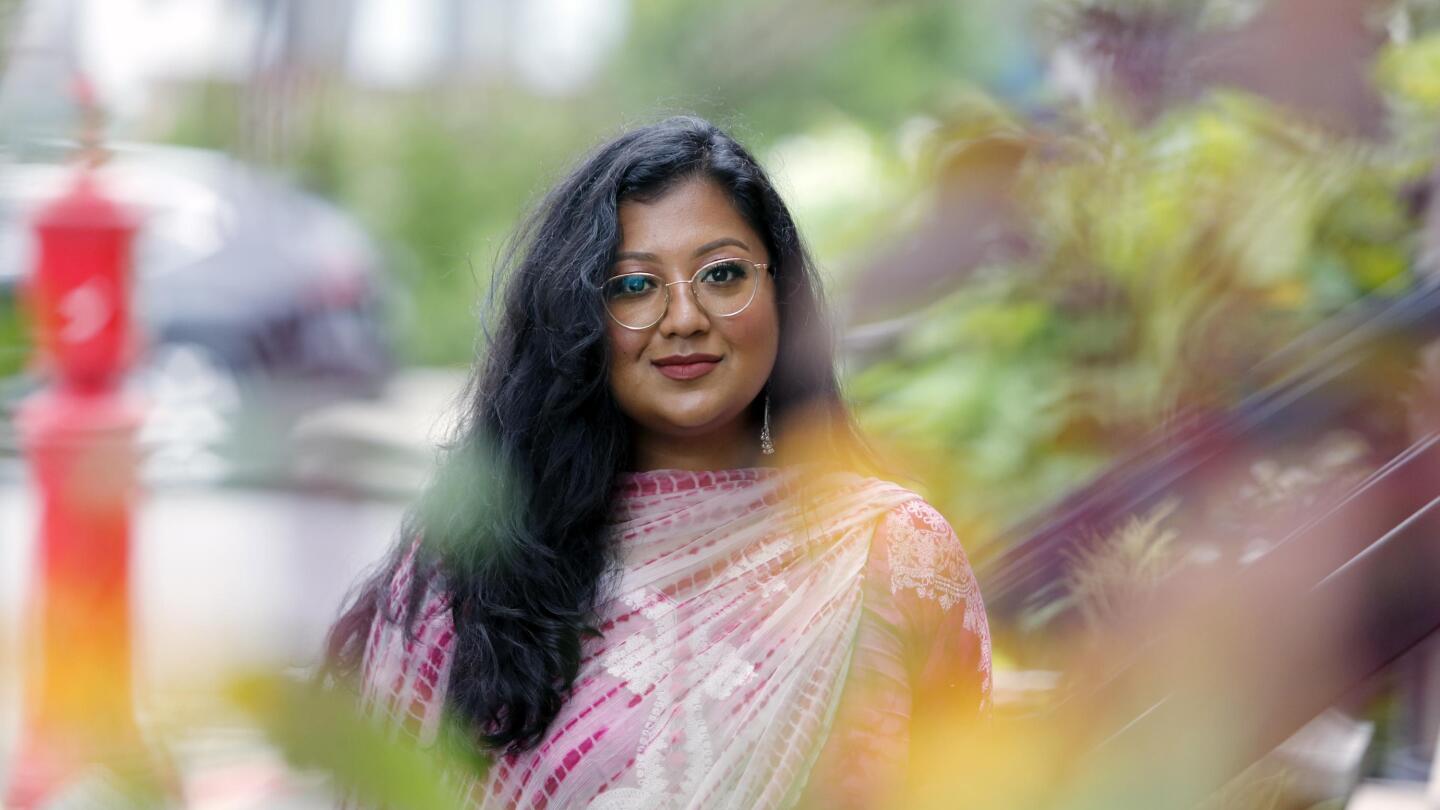
Two decades after 9/11, Muslim Americans still fighting bias
Associated PressNEW YORK — A car passed, the driver’s window rolled down and the man spat an epithet at two little girls wearing their hijabs: “Terrorist!” It was 2001, mere weeks after the twin towers at the World Trade Center fell, and 10-year-old Shahana Hanif and her younger sister were walking to the local mosque from their Brooklyn home. “That’s been one of the main effects in people’s lives … it has shaped the ways the community has developed.” A poll by The Associated Press-NORC Center for Public Affairs Research conducted ahead of the 9/11 anniversary found that 53% of Americans have unfavorable views toward Islam, compared with 42% who have favorable ones. “‘Who am I?’ — which I think is what many young people kind of go through in life in general,” she says. Akbar eventually turned his focus toward telling stories about Muslim Americans on his podcast “See Something Say Something.” “There’s a lot of humor in the Muslim American experience as well,” he says. “When we go to centers and we have to deal with the same pain that we deal with out in the world, it’s kind of discouraging to us because we’re under the impression that Islam, you don’t have that racial and ethnic divide.” ___ Amirah Ahmed, 17, was born after the attacks and feels like she was thrust into a struggle not of her making — a burden despite being “just as American as anyone else.” She recalls how a few years ago at her Virginia school’s 9/11 commemoration, she felt students’ stares at her and her hijab so intensely that she wanted to skip the next year’s event.
History of this topic

Decades after 9/11, Muslims battle Islamophobia in US
Al Jazeera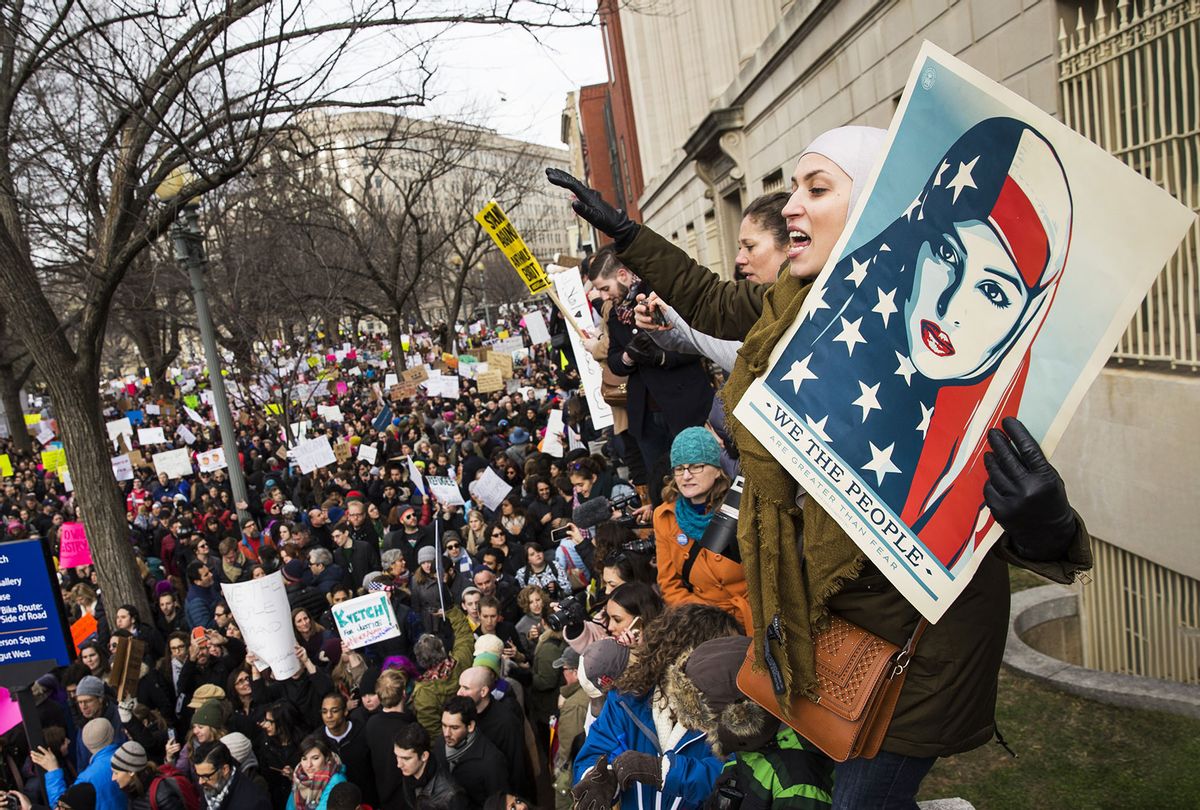
Islamophobia and the insurrection: Law enforcement focused on Muslims for years, and then ...
Salon
9/11 a Catalyst: Two Decades After Terror Attack, Muslim Americans Still Fighting Prevalent Bias
News 18
Transcript of George W. Bush’s 9/11 anniversary speech
CNN
How Muslim Americans pushed for political prominence post-9/11
Al Jazeera
9/11 and the racial limitations of religious freedom in America
Al Jazeera
‘Under the prism’: Muslim Americans reflect on life post-9/11
Al Jazeera
Two decades after 9/11, Muslim Americans still fighting bias
Associated Press
Muslim youth in America: A generation shadowed by the aftermath of 9/11
LA Times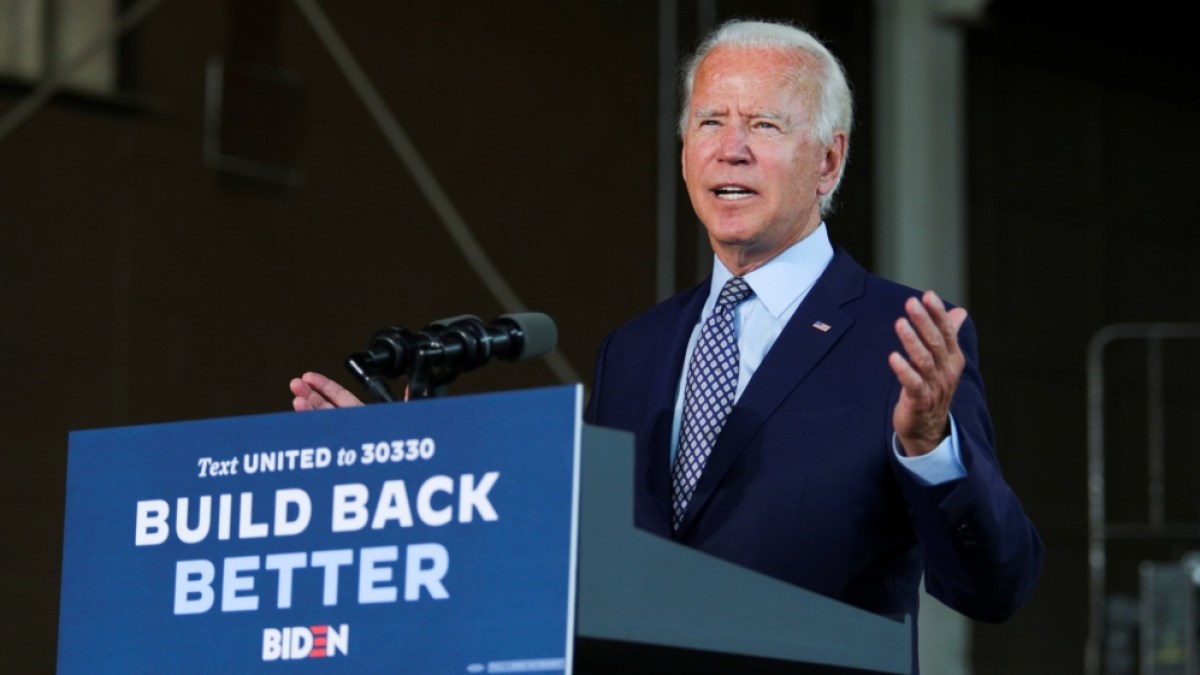
Democrat Joe Biden snags support of prominent Muslim Americans
Al JazeeraDiscover Related
)


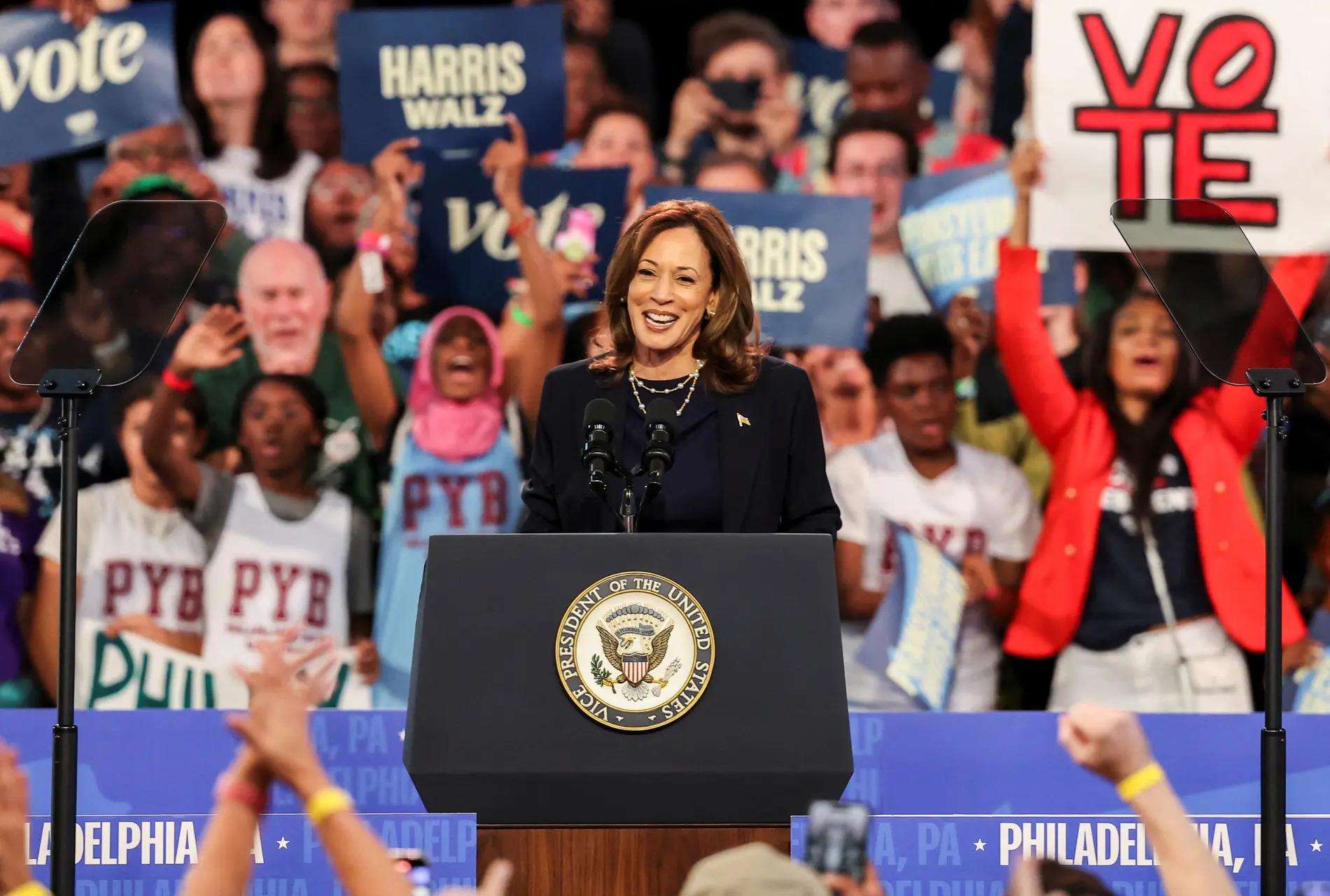
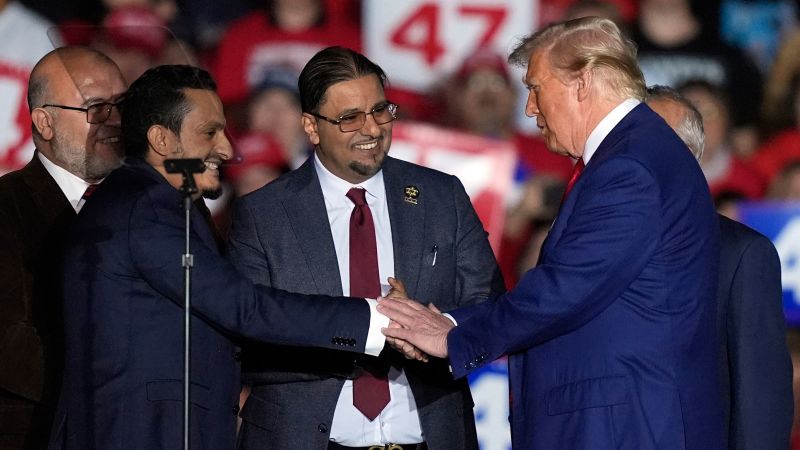


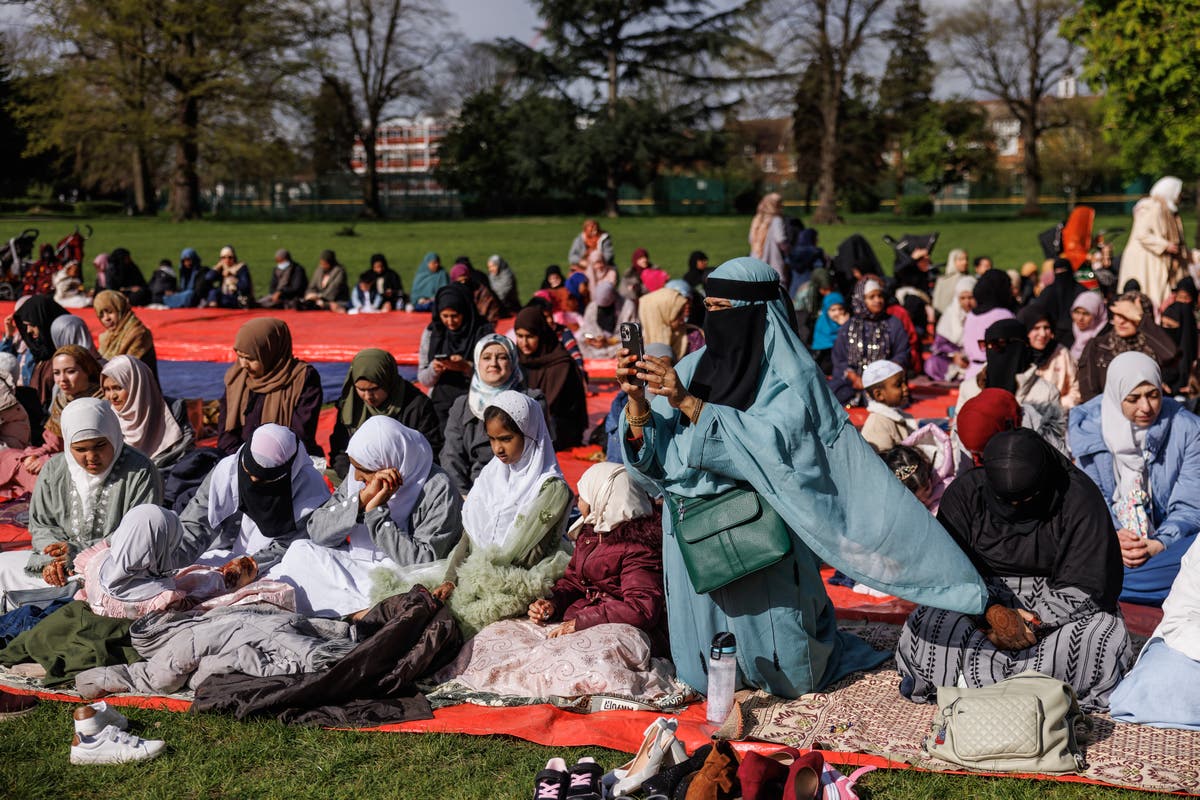
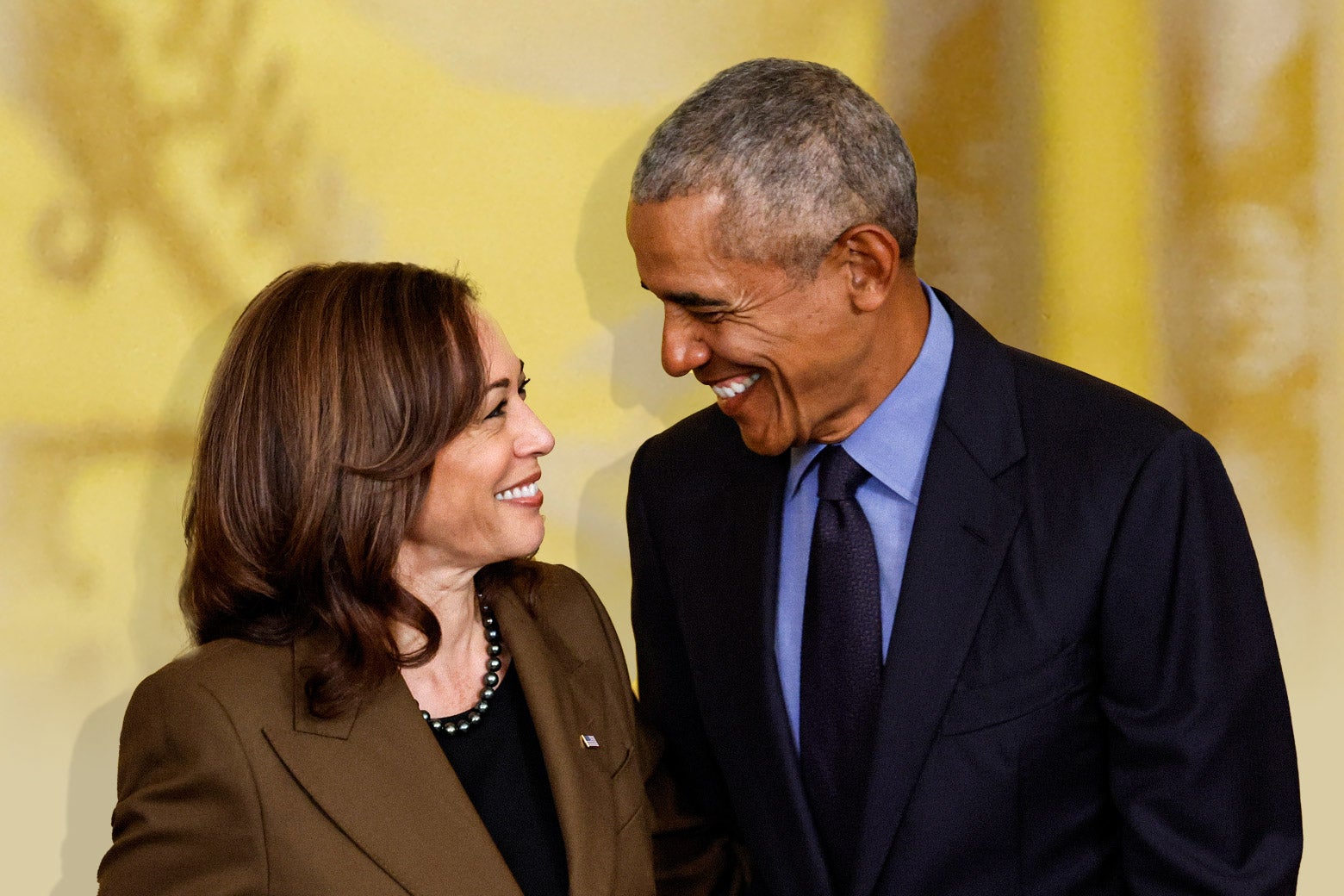

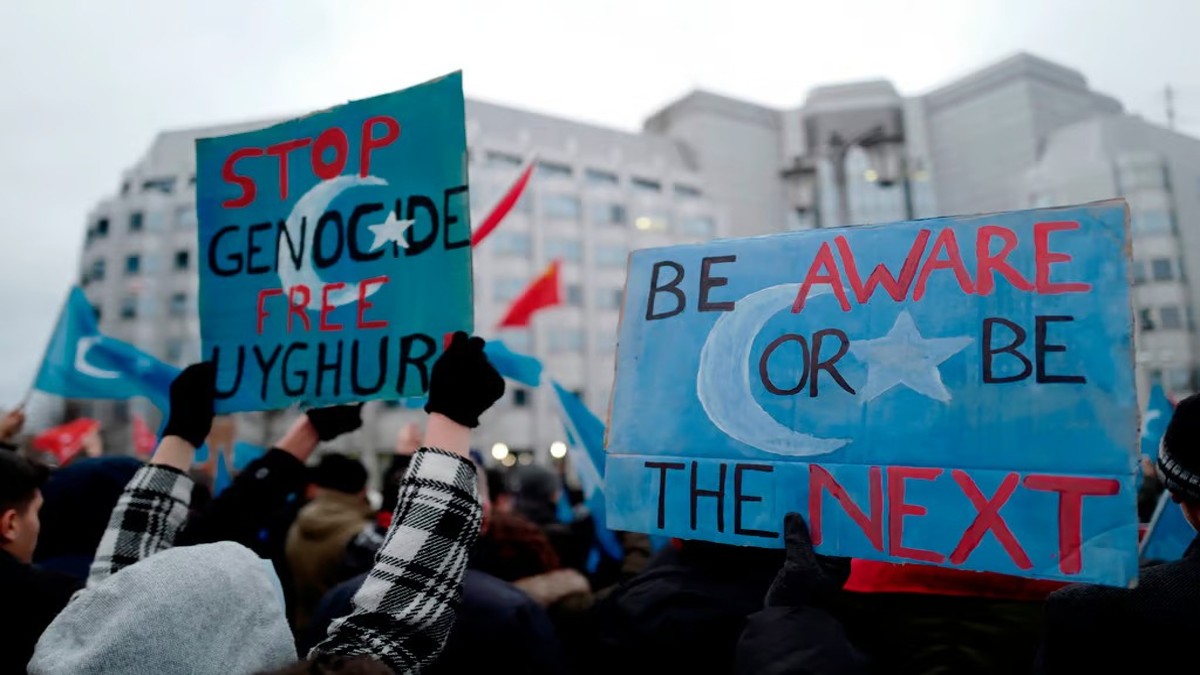)


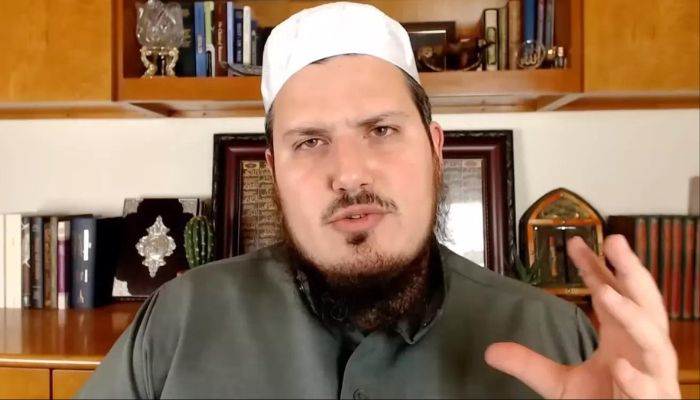
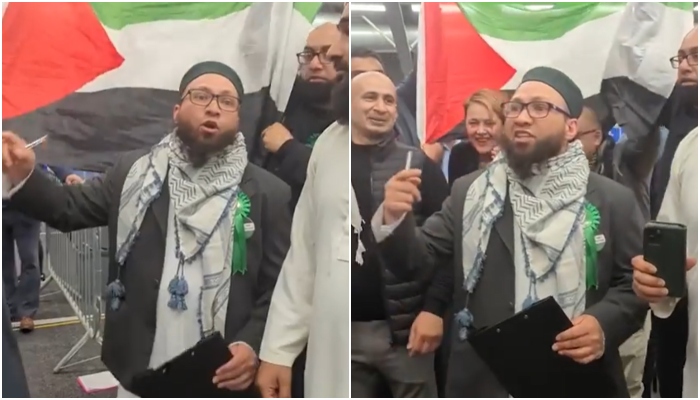



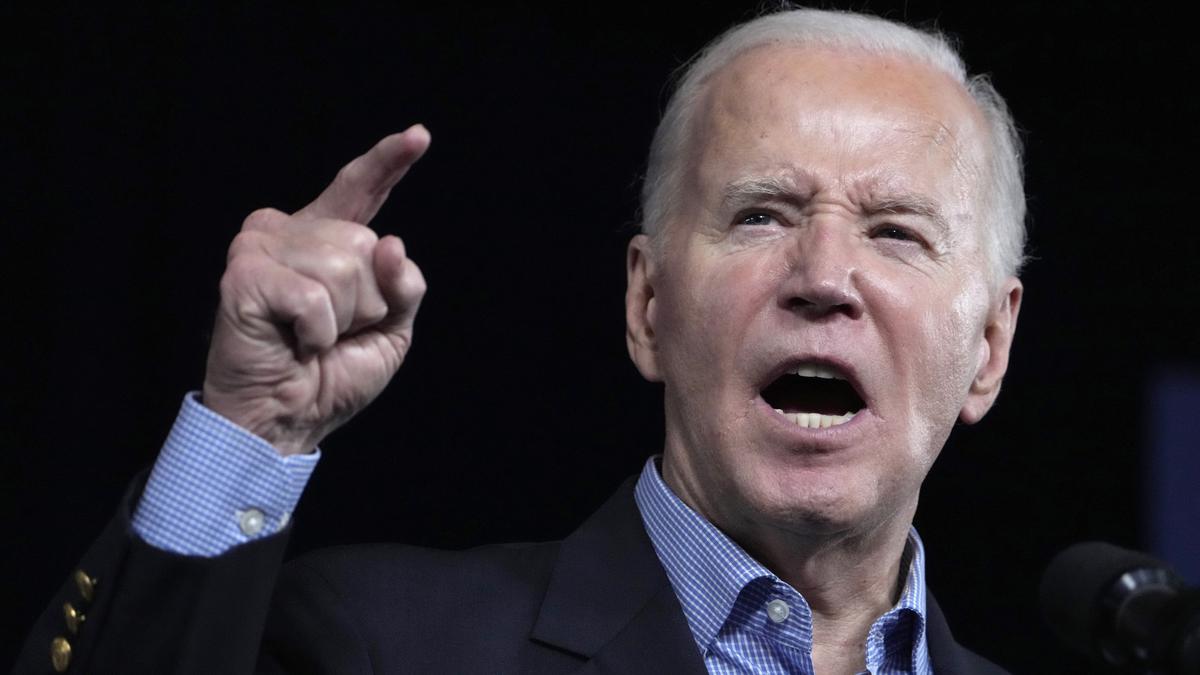
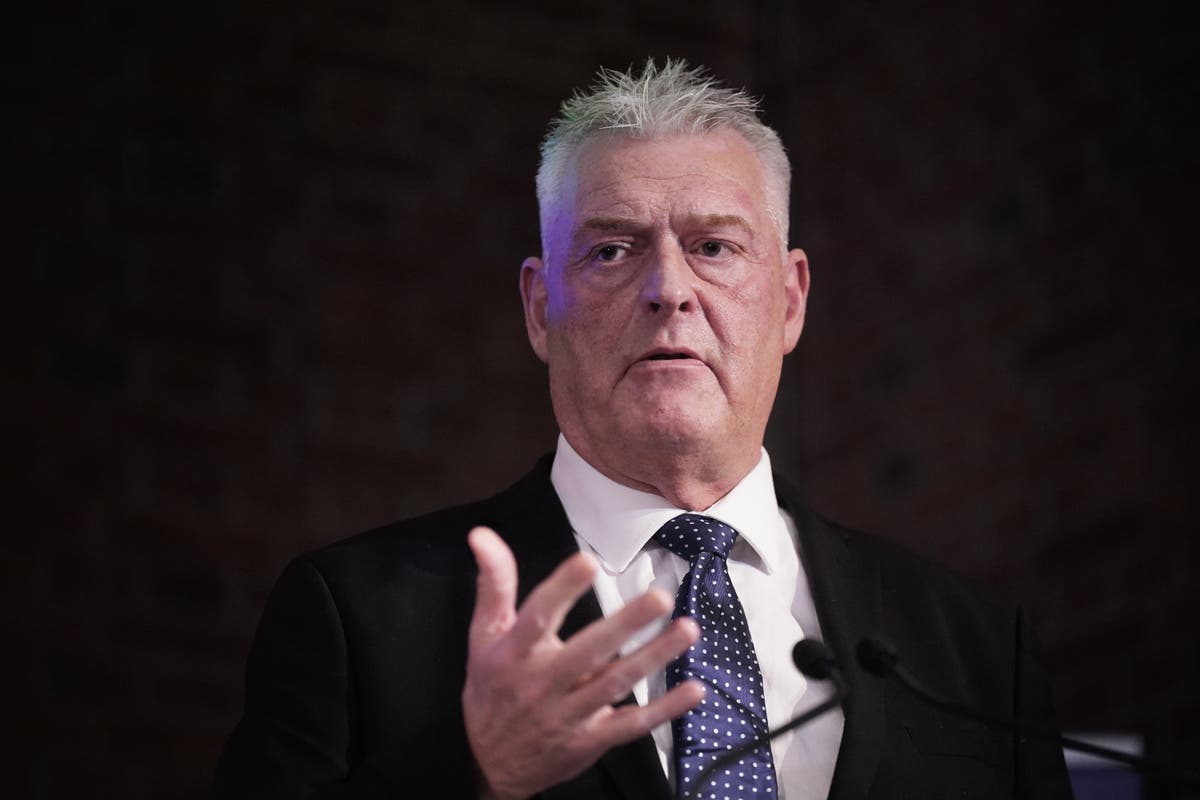
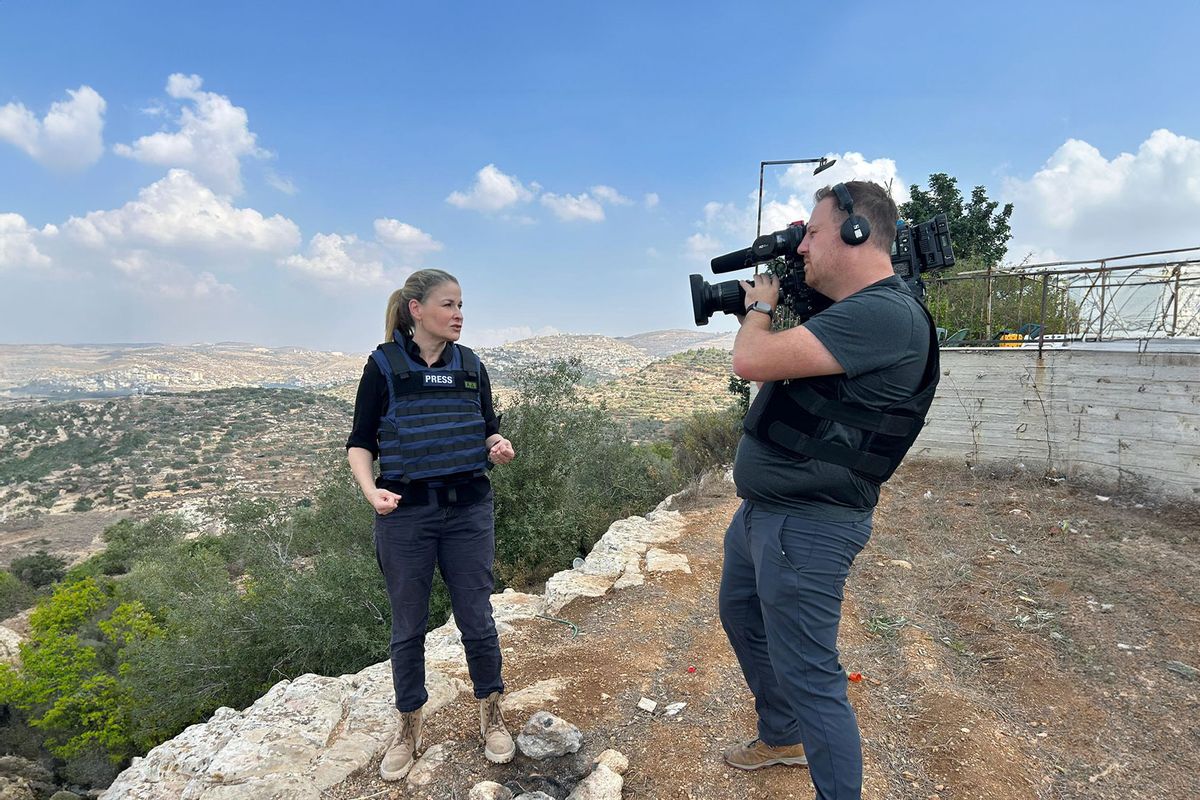

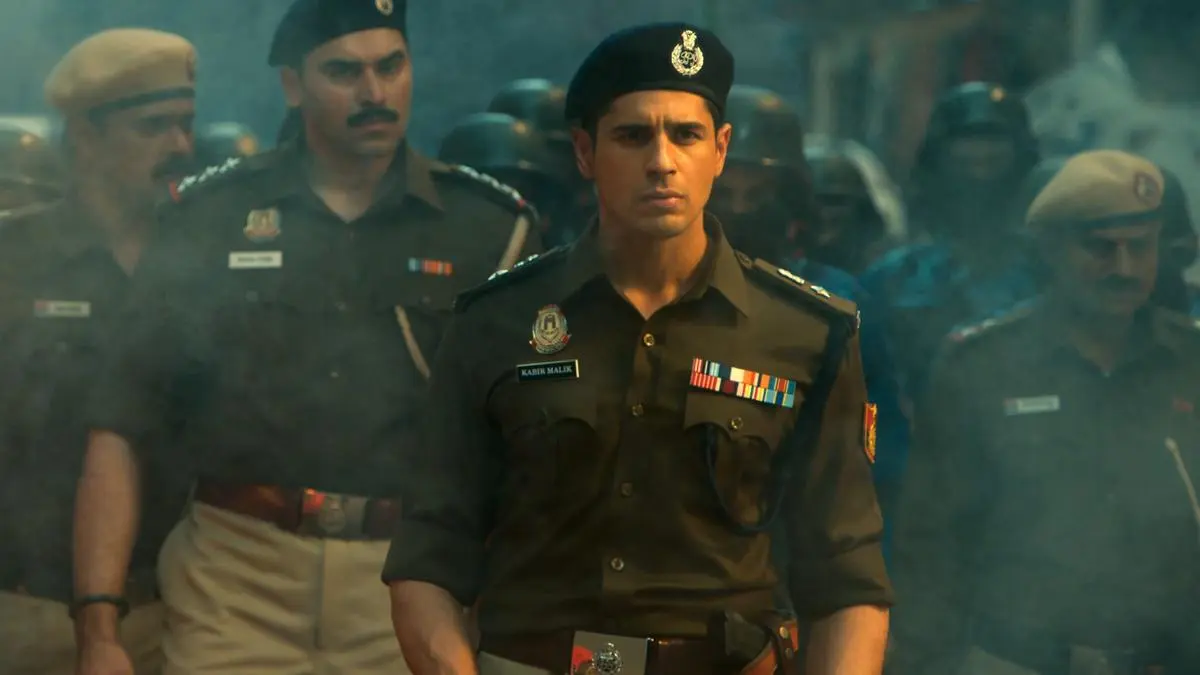



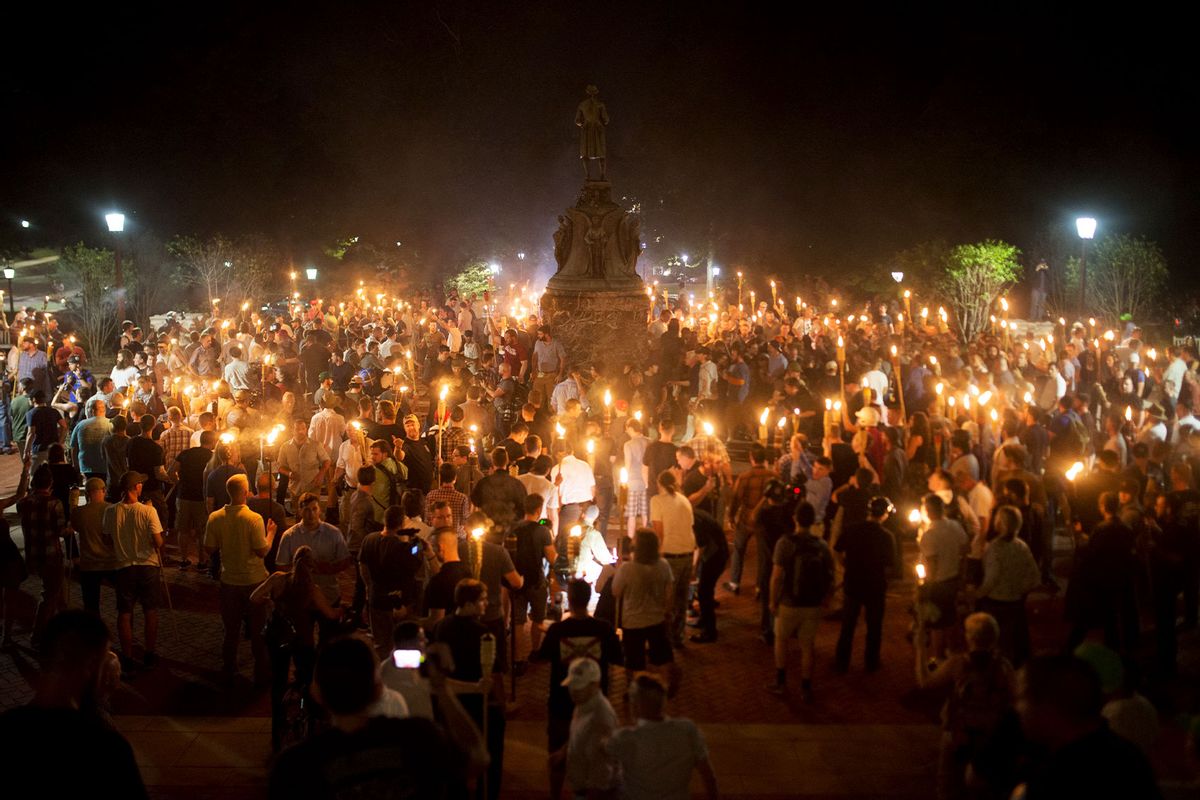





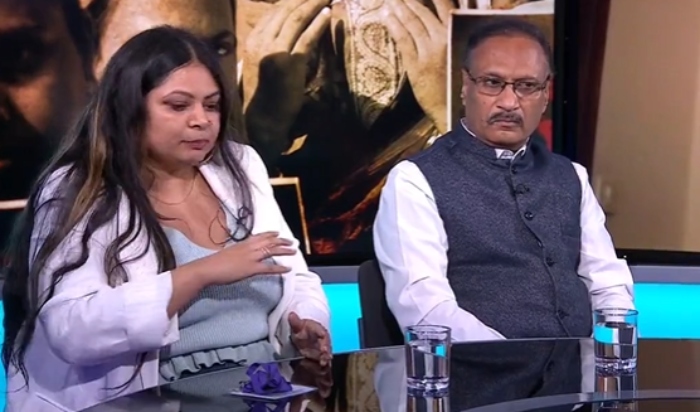


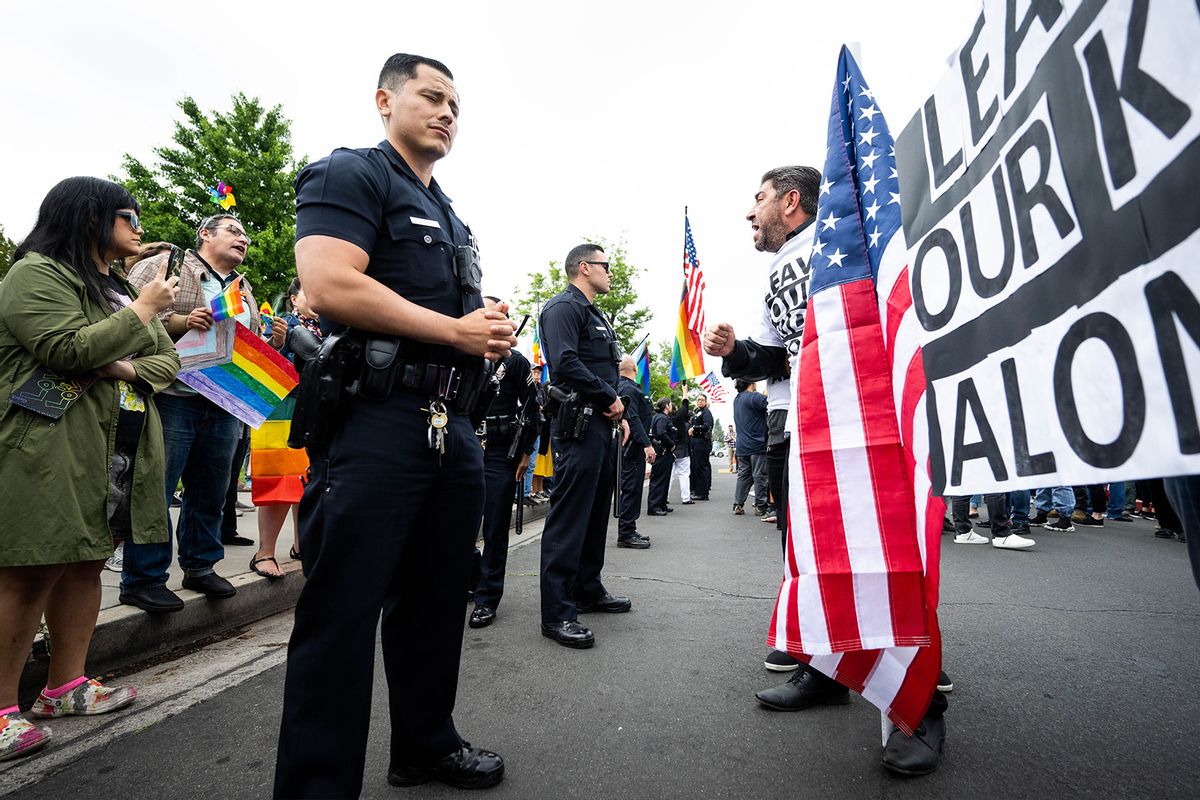






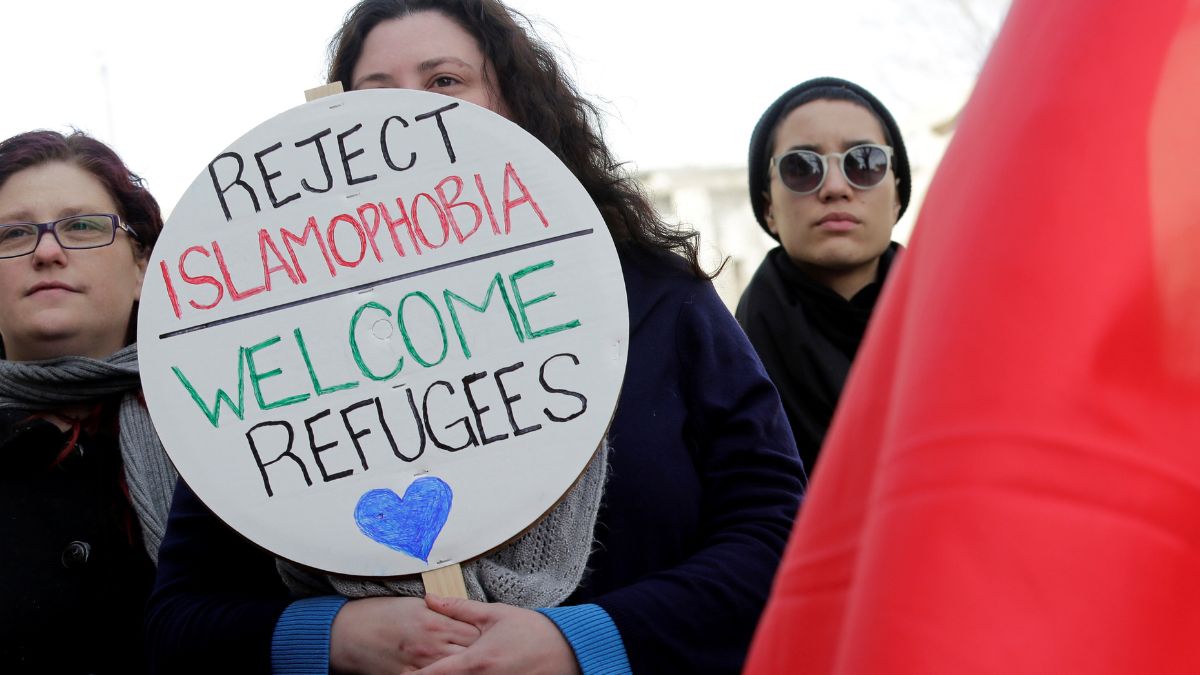)
